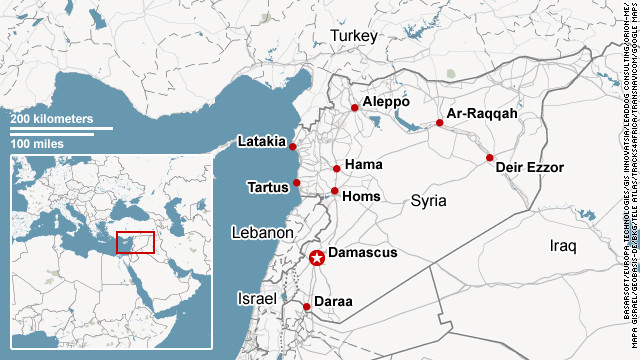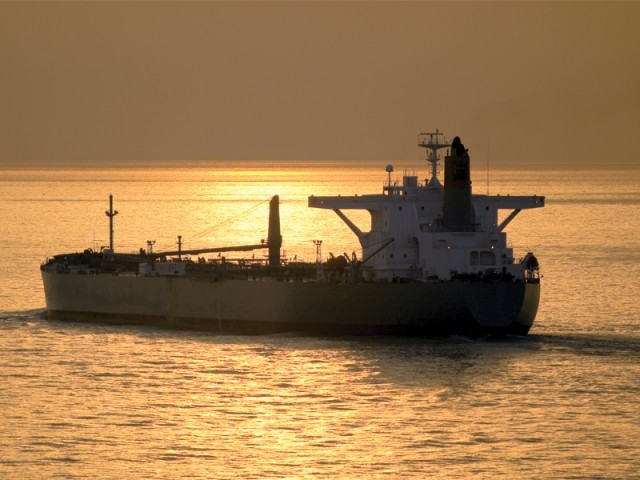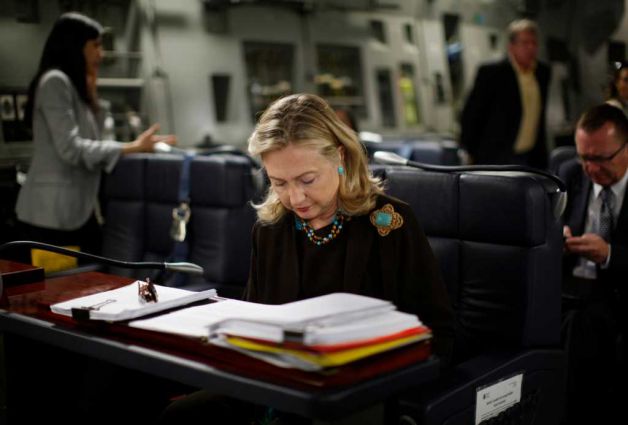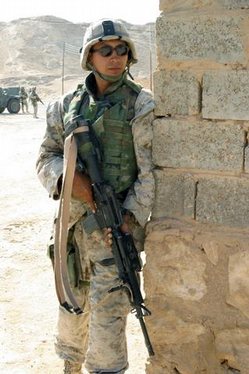updated 4:58 AM EST, Tue February 7, 2012
STORY HIGHLIGHTS
- About 18% of Iran's oil exports go to Europe
- Iran exports 2.2 million barrels of oil a day
- New sanctions were imposed against Iran in January
"Parliament is ready to stop oil exports to Europe," Iranian parliament speaker Ali Larijani said, according to the Fars News Agency.
Another member of parliament agreed, citing the demands of students who demonstrated on Monday.
"Parliament should take a revolutionary action and ban oil sales to Europe," said Mohammad Javad Karimi Ghodousi.
A military official said the sanctions don't really matter.
"Western sanctions are doomed (to failure) from the very outset and useless, as they are not economical in nature and their essence is official and bureaucratic," Brig. Gen. Mohammad Reza Naqdi, commander of Iran's Basij force, said.
The sanctions put in place last month are meant to force Iran to provide more information on its nuclear program by shutting off its sale of crude oil, which generates half of Iran's revenue.
The West believes Tehran may be trying to develop nuclear weapons, but Iran has long maintained that its nuclear program is solely for civilian energy production.
Iran exports 2.2 million barrels of oil a day, 18% of which is bound for European markets, according to the U.S. Energy Information Administration. The world consumes about 89 million barrels of oil per day.
Final details of the E.U. sanctions are still being worked out, and it's expected that they will have a grace period of up to eight months, an EU diplomat told CNN last month
The grace period will allow European refiners to find new suppliers and Iran to find new buyers.
Analysts have said that while the new sanctions are the toughest ever imposed, they still contain many loopholes.
Iran is expected to still be able to sell its oil to places like China, India and other Asian countries, but perhaps at a discount of 10% to 15%. About 35% of Iran's oil exports currently go to China and India.
Western leaders have been walking a fine line with Iran, working to come up with a plan that squeezes the country's finances yet doesn't result in a loss of Iranian oil exports, which could send crude and gasoline prices skyrocketing.
But Naqdi argues that the sanctions will do exactly that.
"Iran can still sell the 82% of its oil and the rise in oil prices caused by the sanctions will more than make up for the remaining 18% that was previously sold to the Europeans, which Tehran can keep," Fars quoted him as saying.
In late December, Iran threatened to block the Strait of Hormuz if sanctions were imposed on its oil exports.
The strait is a critical shipping lane, through which 17 million barrels of oil passed per day in 2011, according to the U.S. Energy Information Agency.






 RSS Feed
RSS Feed
